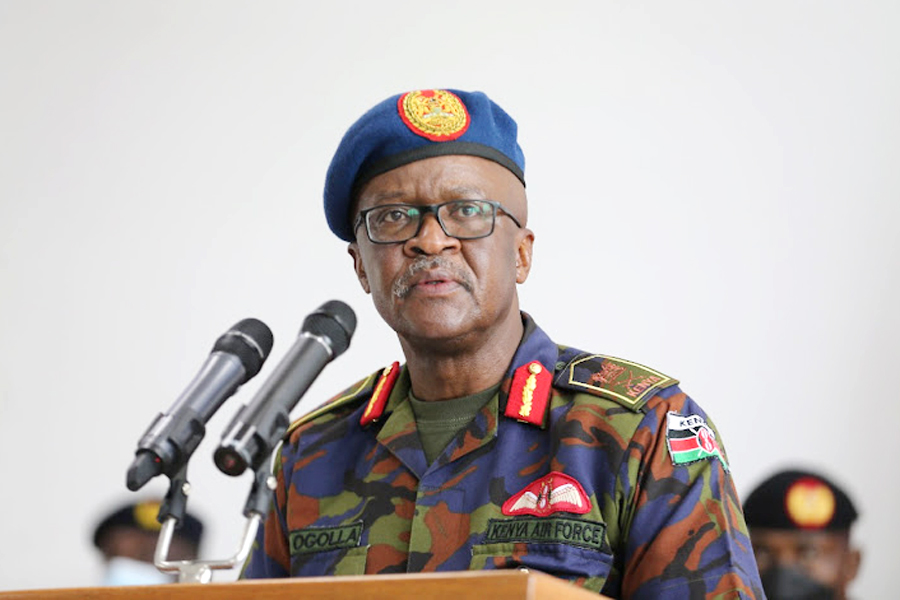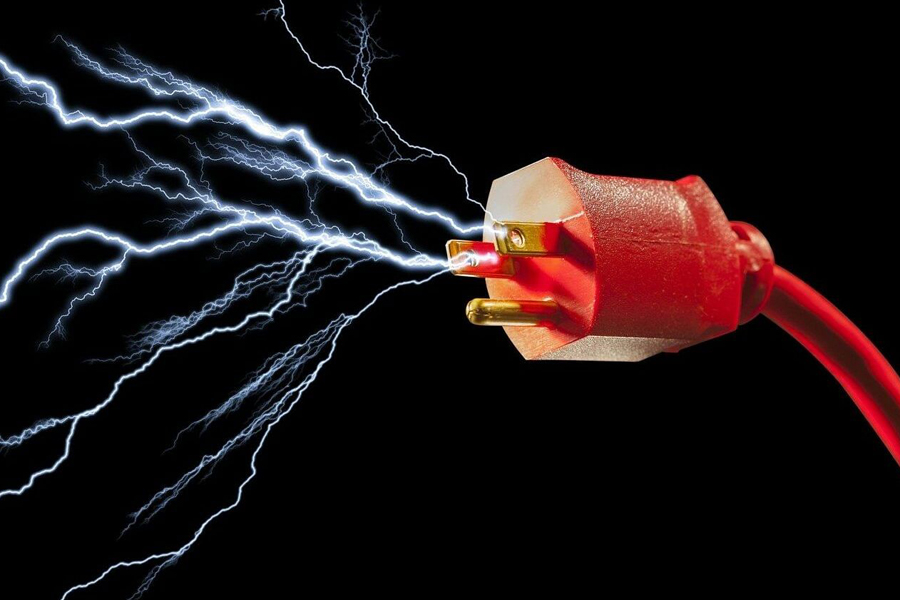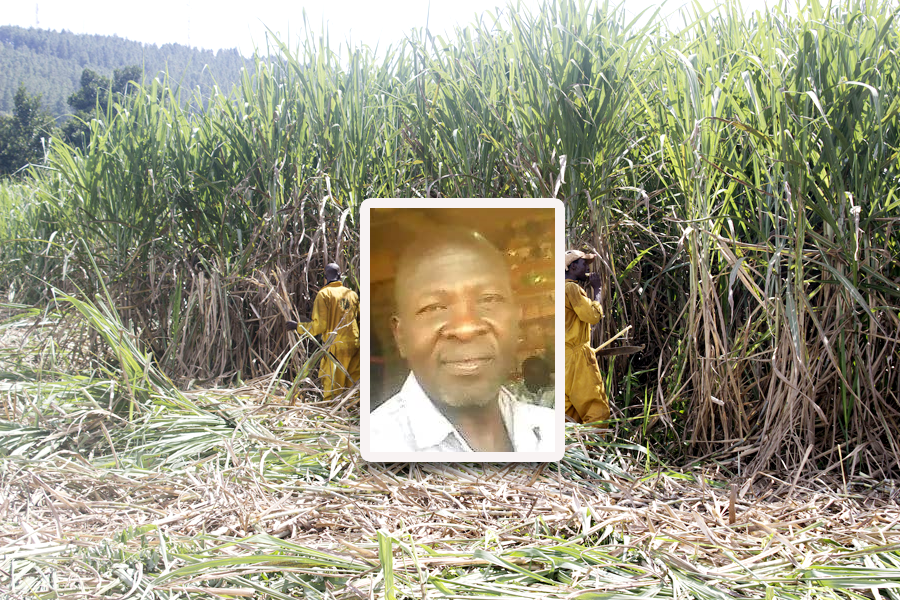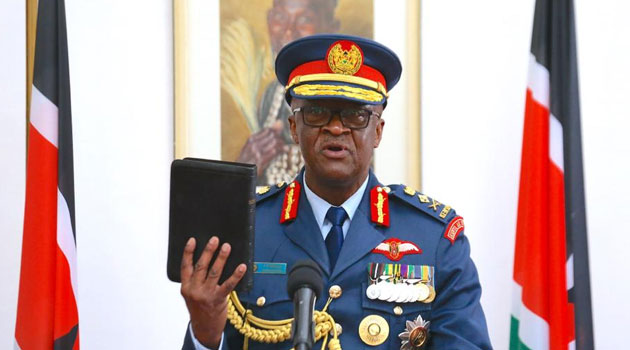Interview with Mr. Vincent Opyene: Wildlife trafficking is not a standalone crime
Interview with Mr. Vincent Opyene
After losing his totem due to hunting and other wildlife crimes, Vincent Opyene was inspired to start an organization called the National Conservation Resource Network (NCRN) to fight the vice and prevent the further loss of wildlife.
Keep Reading
However, he soon discovered that wildlife trafficking was more than what meets the eye. It often involves powerful people who work with law enforcement to evade arrest and prosecution. Also, wildlife trafficking was a gateway to more sophisticated crimes such as money laundering, corruption and fraud, amongst other illegal activities.
The Natural Resource Conservation Network takes action against the illegal wildlife trade in Uganda. It works around four areas, which include investigation, arrests, prosecutions and the naming and shaming of people who are involved in this trade. The NRCN was founded to help address the challenges of illegal wildlife trafficking across Uganda. And in 2013, Uganda was named among a gang of eight countries that are notorious for illegal trade in wildlife products.
Recently the NCRN contributed to the arrest of a former Italian diplomat, Diego Marino Enrico who was found in possession of ivory at his residence.
Wildlife trafficking is a critical threat to both wildlife itself and to wildlife tourism, which is one of Uganda’s leading economic sectors, bringing in a significant amount of foreign currency.
Against this background, Mr. Opyene Vincent was inspired to promote the pursuit of conservation of wildlife:.
“I have a passion for conservation and I love wildlife. I had been working for the Uganda Wildlife Authority and felt concerned, because in Uganda we all have totems. Totems are specific wildlife species that we identify ourselves with. In my clan our totem is the rhino. Unfortunately, the rhinos were all hunted to extinction and I didn't want to see any other extinction occur in my lifetime. The extinction of rhinos in Uganda wasn't caused by diseases, but it was simply because of the illegal wildlife trade. The illegal trade of rhinos for their horns led to their hunting until extinction. I felt that the best way to help address this challenge is to establish an organization that would work and try and solve the illegal wildlife trade."
Wildlife trafficking is not a stand alone crime. It is usually influenced by other underlying crimes that include money laundering, drug trafficking and sometimes human trafficking. Opyene: “wildlife traffickers are criminals, they establish themselves into a criminal network and they are looking for ways to ensure that they evade arrest.” The fact that networks can switch their activities from one form of illicit trade to the other means that the persons fighting them also have to “identify incidences of money laundering and of trade in narcotics and other contrabands'. This is because traffickers sell anything that is sold illegally. As long as there’s money in it.”
NCRN has therefore started working together closely with the financial intelligence agency (FIA) as well as the police detection department. NCRN already cooperated with government agencies that include the Ministry of Wildlife, Tourism, and Antiquities, the Uganda Wildlife Authority, the Directorate of Public Prosecutions and the Uganda police force. The NCRN as an organisation can carry out arrests under the Criminal Procedure Code Act of Uganda, which allows even a private citizen to arrest somebody who is committing a crime. However in practice the arrests are made hand in hand with the Police. As Vincent Opyene explains: “The people we are arresting are not weak people, they are well connected and powerful. In all of our operations, we therefore work closely with the police officers”. The NCRN also works based on a memorandum of understanding that it signed with the Uganda Wildlife Authority.
The NCRN’s work has led to the establishment, in 2017, of the Utilities, Standard and Wildlife Court at Buganda road. This court is the first court of its kind in Africa that has the adjudication of wildlife crimes as its specific purpose. It is competent for all wildlife crimes in Uganda. Previously, these crimes were dealt with by 11 local courts, which according to NCRN seriously hampered the fight against wildlife crimes. One of the reasons for this is that NRCN trains judicial officers in the prosecution of wildlife crimes, but this training will lose its value once the officer is replaced or transferred. Government policies that increase rotations lead to a decreasing level of expertise in court officials, says Opyene. The creation of this court has therefore improved prosecutions and convictions of wildlife crimes. According to Opyene, the court’s conviction rate stands at 80%. The apparent success has raised interest abroad: delegations from a number of countries have visited the court in hopes of benchmarking.

Despite a high success rate while working with this court, NCRN has experienced some challenges with the prosecution of wildlife cases. One of the primary difficulties is corruption. While the organisation works hard and hand in hand with other agencies to ensure the arrest and prosecution of these criminals, sometimes there are saboteurs. As Opyene relates, “someone will take money from the criminals' side and they interfere with the overall processes”. Other times, there are interferences with the investigations. “We often receive calls from government officials, for instance from the Uganda Wildlife Authority. They sometimes advise us not to prosecute some individuals.”
The handling and preservation of the evidence processed for the court cases provides another challenge of its own. “The materials that we deal with are fragile. For example, if it is meat, it can easily rot if not preserved. And in the case of ivory, it is so precious that even when you leave it at the police station it may disappear because even police officers want to take it. When the evidence is being returned from the court, back to the wildlife authority, sometimes people interfere with it and jeopardise the materials.”
Not many donors would be interested in funding investigations and prosecutions, yet these are the bedrock of NCRN. This in itself further complicates the work of the organisation. Gathering evidence to present it in court requires funding. Opyene: “you need to get informers who can infiltrate in the criminal networks and get you the evidence you need. But as you are looking for the criminals to arrest them, they too are working hard to evade arrest.”
Sometimes it is necessary to deal with representatives from the criminal networks directly. As Opyene explains, “when they want to test whether you are a serious person, they will organize a meeting in one of the most expensive hotels around. They will come in numbers and leave you to foot the bill. If you are not organized, you will not pay those bills because it is always a considerable amount of money. So when you pay the bills, they know that you have deep pockets, and only then can you trade with them.”
As the NCRN continues to do its work, it has developed a better understanding of the criminal networks they are investigating. They know who is involved in which trade, and why. “One thing that is coming up very clearly is that Uganda is a preferred location for organized criminal groups because the laws were weak. It is also easy to bribe an official when you are found in possession of wildlife products. In those circumstances, it is not difficult to get away with wildlife crimes.”













